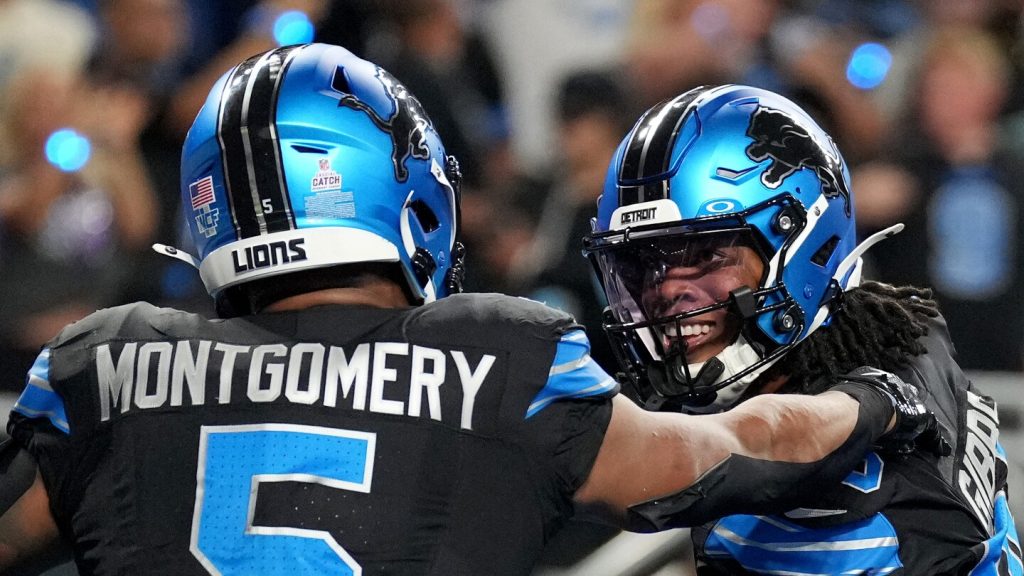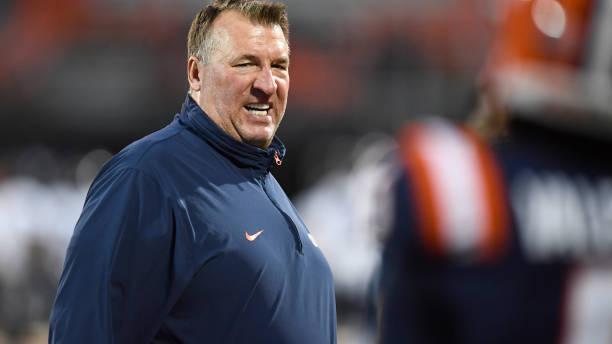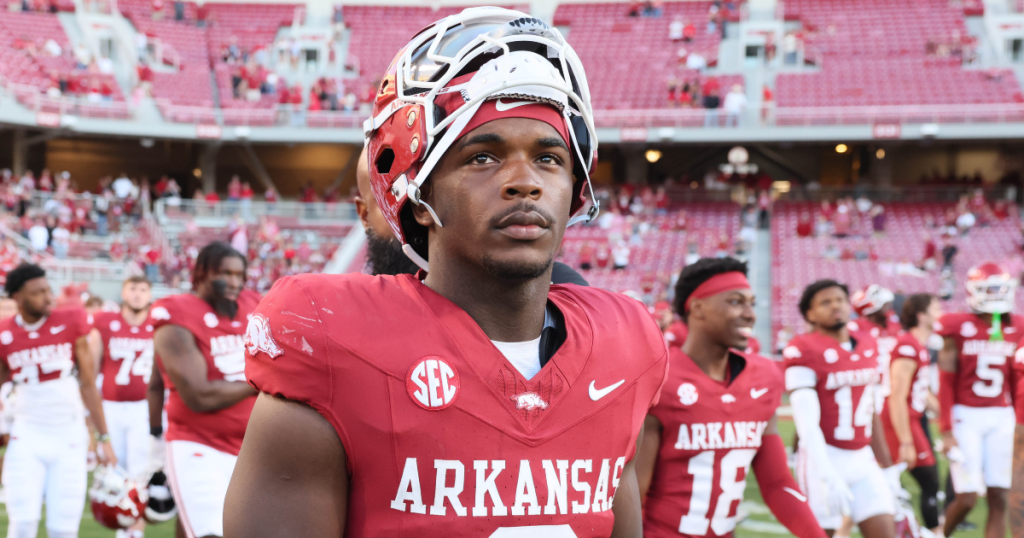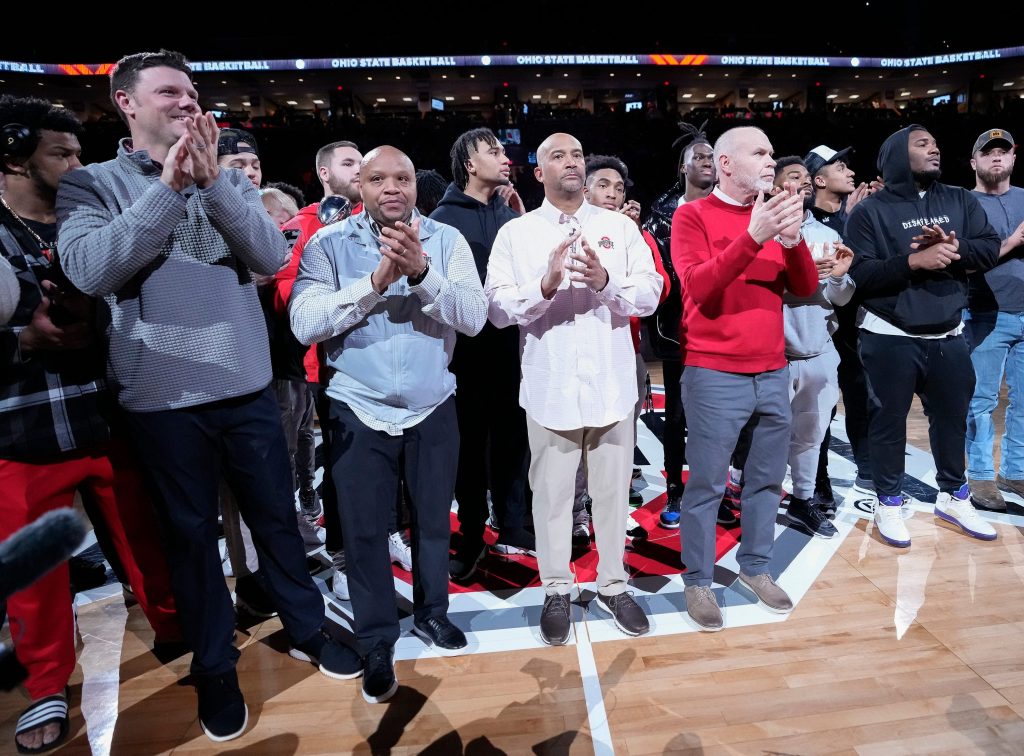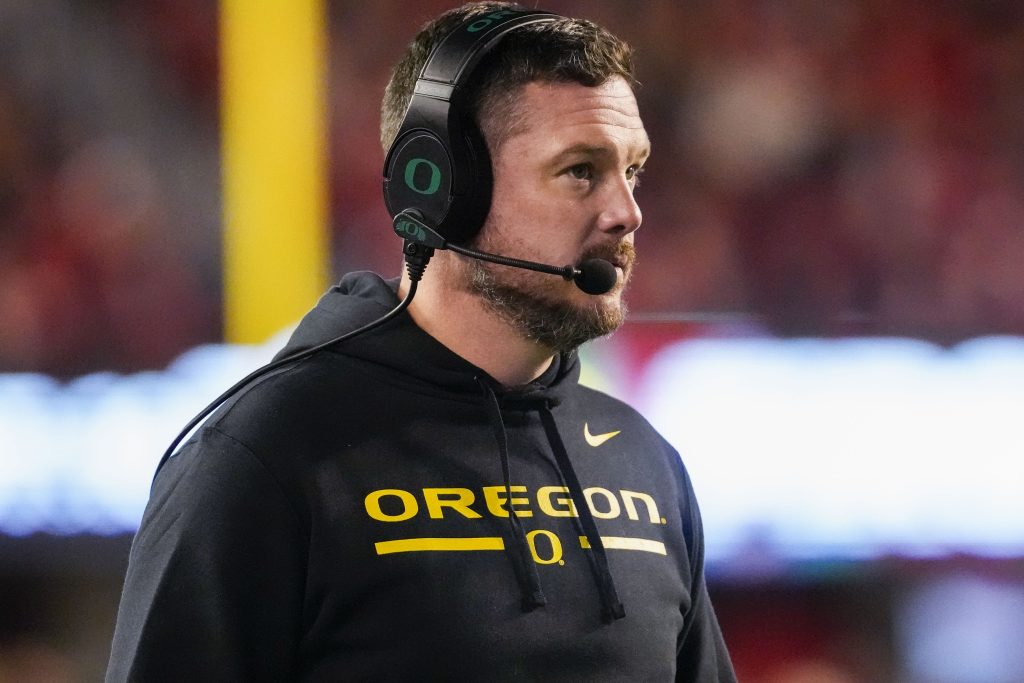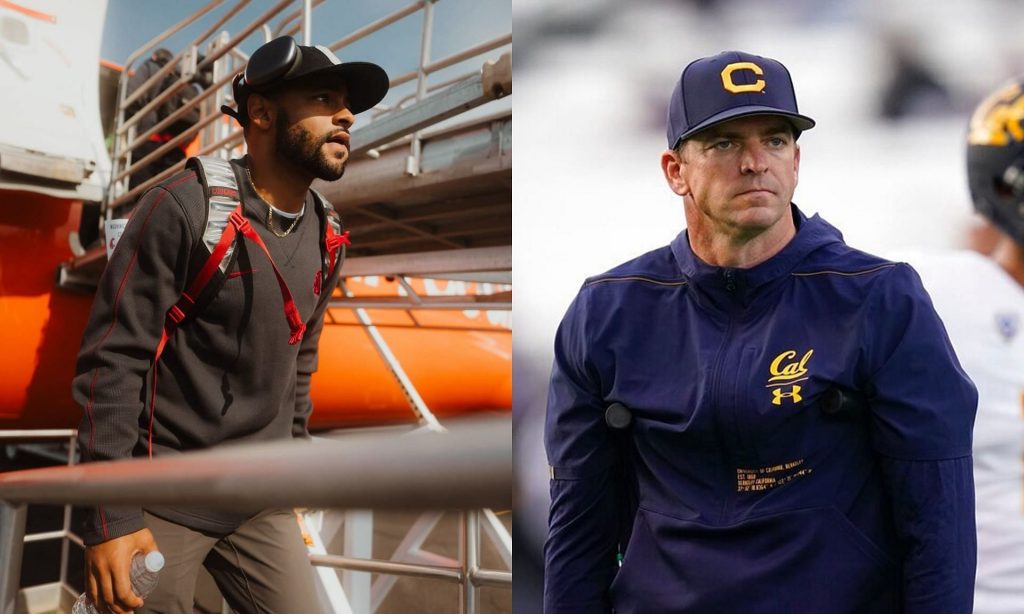The USC Trojans football program is mourning the loss of one of its most cherished figures, coach John Robinson, who passed away on Monday due to complications from pneumonia. His death was confirmed by both the university and the Los Angeles Rams, where he also made a significant impact during his coaching career. Robinson died in Baton Rouge, Louisiana, leaving behind a legacy that resonates deeply within the college football community.
Robinson’s Journey Through Football
John Robinson’s football journey began in the early 1960s when he spent over a decade as an assistant coach at Oregon from 1960 to 1971. His big break came in 1972 when he joined the USC Trojans as the offensive coordinator. After a brief stint as the running backs coach for the Oakland Raiders in 1975, he returned to USC as head coach in 1976.
During his time at USC, Robinson achieved remarkable success, leading the Trojans to the 1978 national championship and compiling an impressive record of 104 wins, 35 losses, and 4 ties. His tenure included four Rose Bowl victories and five seasons as the Pac-12 champion, solidifying his status as a coaching legend.
Tributes from the College Football Community
Upon hearing the news of Robinson’s passing, current USC head coach Lincoln Riley expressed heartfelt condolences and reflected on the profound impact Robinson had on the program’s history. “It’s a tough day,” Riley stated. “One of the greatest things at our university and our football program is honoring all of the greats that have come before – the coaches, the players, and everyone that has made this place special.”
“From our entire football family, we want to offer his family condolences and let them know that we appreciate Coach, and he will forever be a huge part of USC football,” Riley added.
A Legacy Beyond USC
Robinson’s influence extended beyond the college ranks. Between his two stints at USC, he served as the head coach of the Los Angeles Rams from 1983 to 1991, where he posted a record of 75 wins and 68 losses. His coaching prowess was evident as he navigated the challenges of professional football, earning respect from players and fans alike.
After his second tenure at USC, which lasted from 1993 to 1997, Robinson took on the role of head coach for the UNLV Rebels from 1999 to 2004. His record there was 28 wins and 42 losses, but his impact on the program and the players he mentored was invaluable.
Reflections from Peers and Players
“Football lost a legend today,” said UNLV athletic director Erick Harper. “Coach Robinson was revered by his players, peers, fans, and coworkers. He led a wonderful life on and off the football field at so many places, including here at UNLV as both a coach and administrator. Our thoughts and prayers go out to John’s family as we remember all that he did for the sport nationally and right here in Las Vegas.”
Robinson’s contributions to the game didn’t stop with coaching. He also served as UNLV’s athletic director from 2002 to 2003 and most recently worked as a senior consultant for LSU from 2019 to 2021. His extensive experience and insight were invaluable assets to any program he was part of.
Remembering a Coaching Icon
As the college football community reflects on the life and legacy of John Robinson, it is clear that his impact will be felt for years to come. His ability to inspire players and coaches alike is a testament to his character and dedication to the sport. Robinson’s remarkable achievements, including his national championship and numerous bowl victories, have etched his name in the annals of college football history.
In a sport that thrives on tradition and respect for its legends, Robinson’s memory will be honored by those who had the privilege of knowing him, coaching alongside him, or playing under his guidance. His legacy is not just in the victories he secured but in the lives he touched and the passion he instilled in the game of football.
As we remember John Robinson, let us celebrate a life well-lived, dedicated to the sport he loved. His journey through college and professional football serves as an inspiration for future generations of coaches and players, reminding us all of the profound impact one individual can have on the game.

















